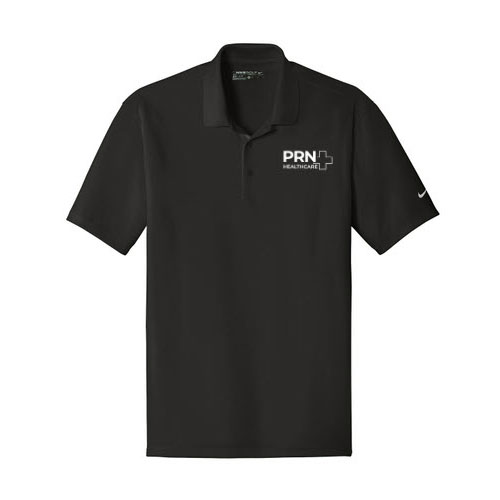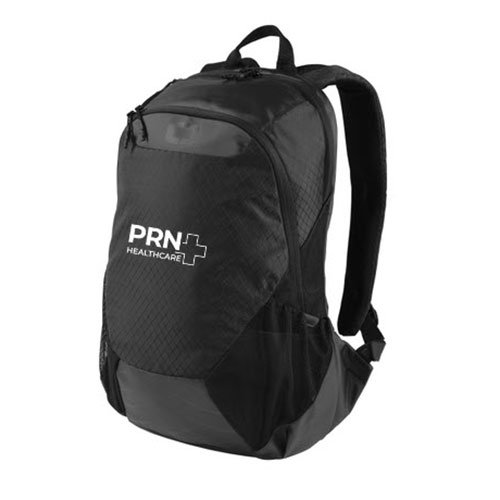Table of Contents
Why did you choose to become a CRNA?What do you find most rewarding about being a CRNA?What are the most important qualities for a CRNA to possess?Can you explain the difference between regional and general anesthesia?Describe a time when you had to modify an anesthesia plan during a procedure.How do you determine the appropriate anesthesia plan for a patient?How do you ensure a patient is safe and comfortable during anesthesia?How do you handle a patient who is anxious about receiving anesthesia?How do you stay current with advances in anesthesia and patient care?Describe a challenging case you handled and how you managed it.How do you handle stress in a high-pressure situation?How do you build rapport with your patients?Describe how you work within a multidisciplinary team.How do you handle a situation where you suspect a colleague is not following proper procedures?Describe your experience with managing anesthesia in emergency situations.What steps do you take if a patient experiences an adverse reaction to anesthesia?How do you manage airway emergencies?What is your greatest strength as a CRNA?What is an area you are looking to improve in as a CRNA?How do you handle a situation where a patient or family member is unhappy with the care provided?Can you describe a recent advancement in anesthesia that you find exciting?Interview preparation is crucial because it increases your likelihood of securing a CRNA job. Effective preparation helps a candidate present themselves confidently, clearly articulate their skills and experiences, and best respond to the questions. By practicing potential interview questions, individuals can refine their answers, reduce their anxiety, and demonstrate they are the best candidate for the job.
Preparation will be a positive reflection on a candidate’s enthusiasm and professionalism and will leave a good impression on the potential employer. In a competitive job market, being well-prepared is a differentiator that sets a candidate apart from others.
Preparing for a CRNA interview involves anticipating questions about both your technical knowledge and skill set. Here are 20 potential interview questions along with potential answers:
Why did you choose to become a CRNA?
Answer: “I chose to become a CRNA because I am passionate about caring for my patients and I wanted to participate in the surgical process. The combination of professional autonomy, patient interaction, and the ability to improve patient outcomes attracted me to this field.”
What do you find most rewarding about being a CRNA?
Answer: “The most rewarding aspect of my job is knowing that I help patients through some of their most vulnerable moments by improving their comfort and ensuring their safety during surgery.”
What are the most important qualities for a CRNA to possess?
Answer: ” A CRNA should be detail oriented, possess excellent communication skills, stay calm under pressure, and have a strong foundation in clinical knowledge and skills.”
Can you explain the difference between regional and general anesthesia?
Answer: “General anesthesia induces a complete loss of consciousness and sensation throughout the entire body, while regional anesthesia numbs a specific part of the body, allowing the patient to remain awake but pain-free in that area.”
Describe a time when you had to modify an anesthesia plan during a procedure.
Answer: “During a complex surgery…” Explain what you did and the result.
How do you determine the appropriate anesthesia plan for a patient?
Answer: I assess the patient’s medical history, the type of surgery, current medications, allergies, and physical status. I also consult with the surgical team to ensure a comprehensive and safe anesthesia plan.
How do you ensure a patient is safe and comfortable during anesthesia?
Answer: “Patient safety is the most important. I monitor their vital signs continuously, adjust anesthesia levels as needed, communicate with the surgical team, and provide reassurance to the patient pre-and post-operatively to manage anxiety and pain.
How do you handle a patient who is anxious about receiving anesthesia?
Answer: “I take time to explain the procedure, address their concerns, and offer reassurance. Providing them with detailed information and showing empathy often reduces their anxiety.”
How do you stay current with advances in anesthesia and patient care?
Answer: “I regularly attend professional conferences, participate in continuing education courses, read relevant journals, and am a part of the AANA to stay updated on best practices and new research.”
Describe a challenging case you handled and how you managed it.
“A patient with multiple comorbidities needed surgery…” Explain what do you did and the outcome.
How do you handle stress in a high-pressure situation?
Answer: “I stay focused on the task at hand and rely on my training and protocols. Effective communication and trust with the team also helps with managing stress.”
How do you build rapport with your patients?
Answer: “I introduce myself, explain my role, and take the time to listen to their concerns. Showing empathy and providing clear, reassuring information helps build trust and confidence.”
Describe how you work within a multidisciplinary team.
Answer: “I communicate openly and respectfully, understand the roles and expertise of each team member, and collaborate to develop and implement comprehensive patient care plans.”
How do you handle a situation where you suspect a colleague is not following proper procedures?
Answer: “I address my concerns directly with the colleague in a private setting. If the issue persists, I escalate it to the appropriate supervisory or regulatory body to ensure patient safety.”
Describe your experience with managing anesthesia in emergency situations.
Answer: “I have handled multiple emergency cases, including trauma surgeries and obstetric emergencies. I stay prepared by regularly participating in simulation training and keeping my skills sharp.”
What steps do you take if a patient experiences an adverse reaction to anesthesia?
Answer: “I immediately stop the anesthetic agent, administer appropriate medications to counteract the reaction, support vital functions, and call for additional help if needed.”
How do you manage airway emergencies?
Answer: “I follow established protocols, use techniques like the jaw-thrust maneuver, intubation, or emergency cricothyrotomy if necessary, and I always have backup airway equipment ready.”
What is your greatest strength as a CRNA?
Answer: “My greatest strength is my ability to remain calm and focused under pressure, which allows me to make critical decisions quickly and effectively in a high-stress situation.”
What is an area you are looking to improve in as a CRNA?
Answer: “I am continually working on improving my proficiency with new anesthesia technologies and techniques to enhance patient care and outcomes.”
How do you handle a situation where a patient or family member is unhappy with the care provided?
Answer: “I listen to their concerns without interruption, acknowledge their feelings, and provide a clear explanation of the care provided. I also discuss steps to address any issues and ensure their satisfaction.”
Can you describe a recent advancement in anesthesia that you find exciting?
Answer: Describe an advancement and its benefits.
Interview preparation is important to make a strong, first impression on a potential employer. By practicing possible interview questions, a candidate can improve their communication skills, reduce their anxiety, and convey their qualifications and desire for a CRNA position. Your preparation will boost your confidence but also demonstrates your commitment and professionalism; therefore, increasing your chance at the desired CRNA job. Being well-prepared is an important step toward career success in today’s competitive job market.




